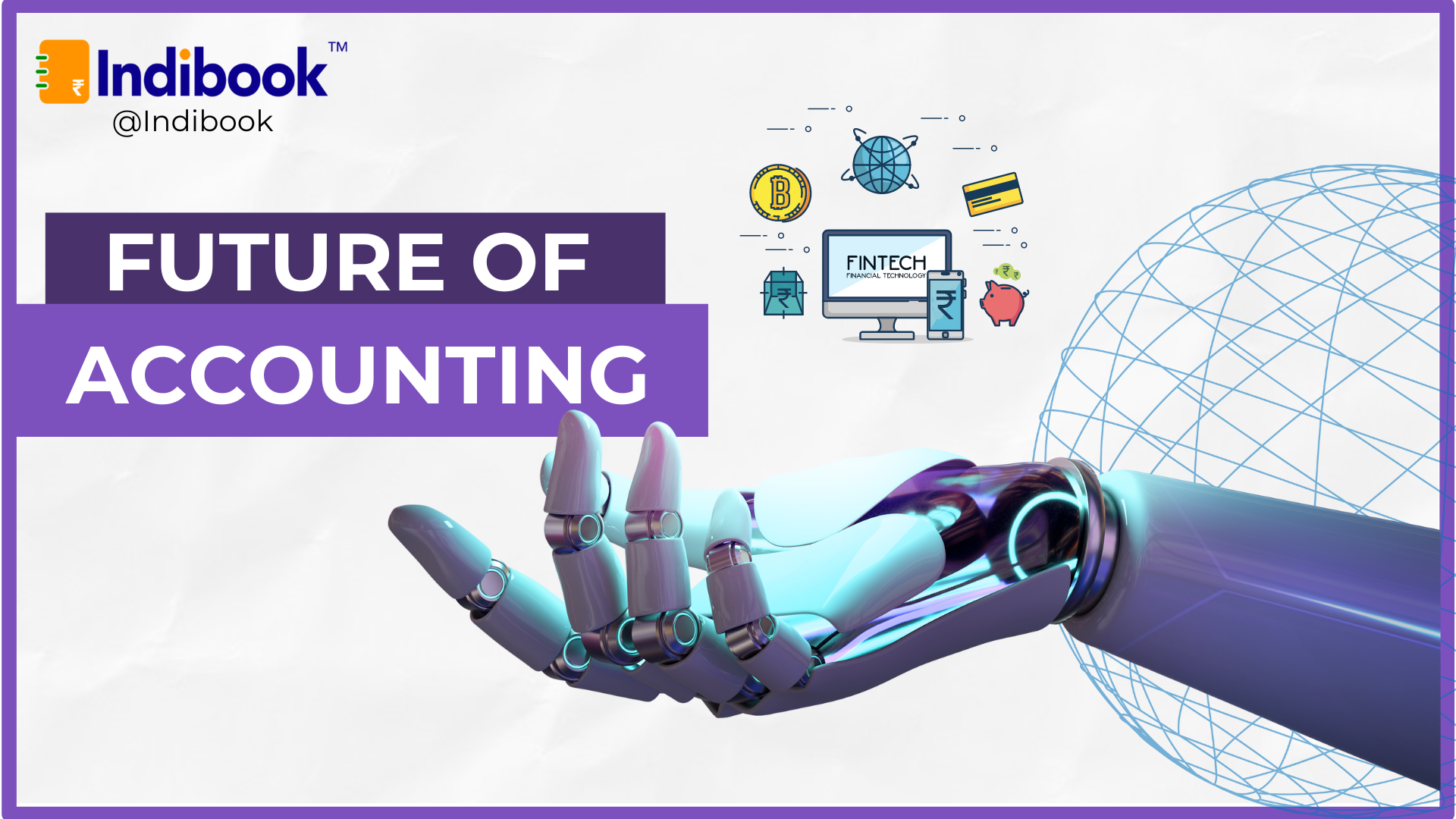In the past, managing accounting and finance was a burdensome and time-consuming task. It involved dealing with numerous papers, requirements of documents, problems of reconciliations, non-compliance to regulations, and manual calculations. This process often led to inefficiencies, errors, and delays in financial reporting and decision-making, especially for small business establishments. However, developments in technology have brought tremendous changes to the industry and paved the way for a fintech revolution.
The fintech revolution has given birth to digital tools that streamline and automate various accounting tasks. Did you ever imagine that all your tedious accounting tasks could now be handled smoothly, thereby reducing your stress? This is now a reality—the world of accounting and finance is undergoing a transformation, and the outcomes are game changers.
These innovations are making accounting more efficient and revolutionizing how small businesses manage their finances, allowing them to focus more on growth. Here’s what you need to know about how digital tools are disrupting the norm:
Automation of Routine Tasks: Automated Bookkeeping
Remember entering the data from receipts, then classifying it, and later trying to create an invoice? Data entry, invoicing, and payroll processing are examples of repetitive tasks that are now automated using digital tools. This not only saves time but also lowers the likelihood of human error.
Real-Time Financial Reporting: Real-Time Financial Data
Gone are the days when getting a financial report was a task. Advanced software provides Real-Time Financial Data updates and instant report generation. This allows businesses to make more timely and informed decisions.
Enhanced Accuracy and Compliance
Automated systems ensure that calculations are correct and that financial records meet regulatory requirements. This reduces the risk of errors and penalties.
Cost-Effective Accounting Solutions
Reducing manual labor and paper-based processes can lower operational costs for businesses. Digital tools frequently include scalable pricing models to accommodate varying business sizes.
Data Security in Accounting
Modern accounting software has strong security features to safeguard sensitive financial information from unauthorized access and cyber threats.
Improved Collaboration: Cloud Accounting Software
Cloud-based accounting solutions enable multiple users to access and work on financial data from different locations, leading to increased collaboration and productivity.
Improved Cash Flow Management: Accounting Automation
Digital tools offer insights into cash flow trends and forecasts, enabling businesses to manage liquidity more efficiently.
Integration: Collaborative Accounting Platforms
Accounting tools can integrate with other business software, including CRM and ERP systems, to provide a unified view of operations.
Are You Ready for the Digital Future?
Transitioning to digital accounting tools is more than just a passing fad; it represents an essential advancement in today’s constantly changing business landscape. Businesses that adopt these advancements can improve their efficiency, precision, and strategic understanding, ultimately propelling progress and achievement.
Welcome the upcoming era of accounting with digital tools and revolutionize how you oversee your finances!
How is Indibook Innovating the Sector?
Internovo Venture's product, Indibook, is revolutionizing the industry by using sophisticated digital tools to simplify and automate intricate accounting processes for small businesses. This change allows businesses to attain unparalleled efficiency, precision, and immediate financial understanding, establishing new standards in the field.

